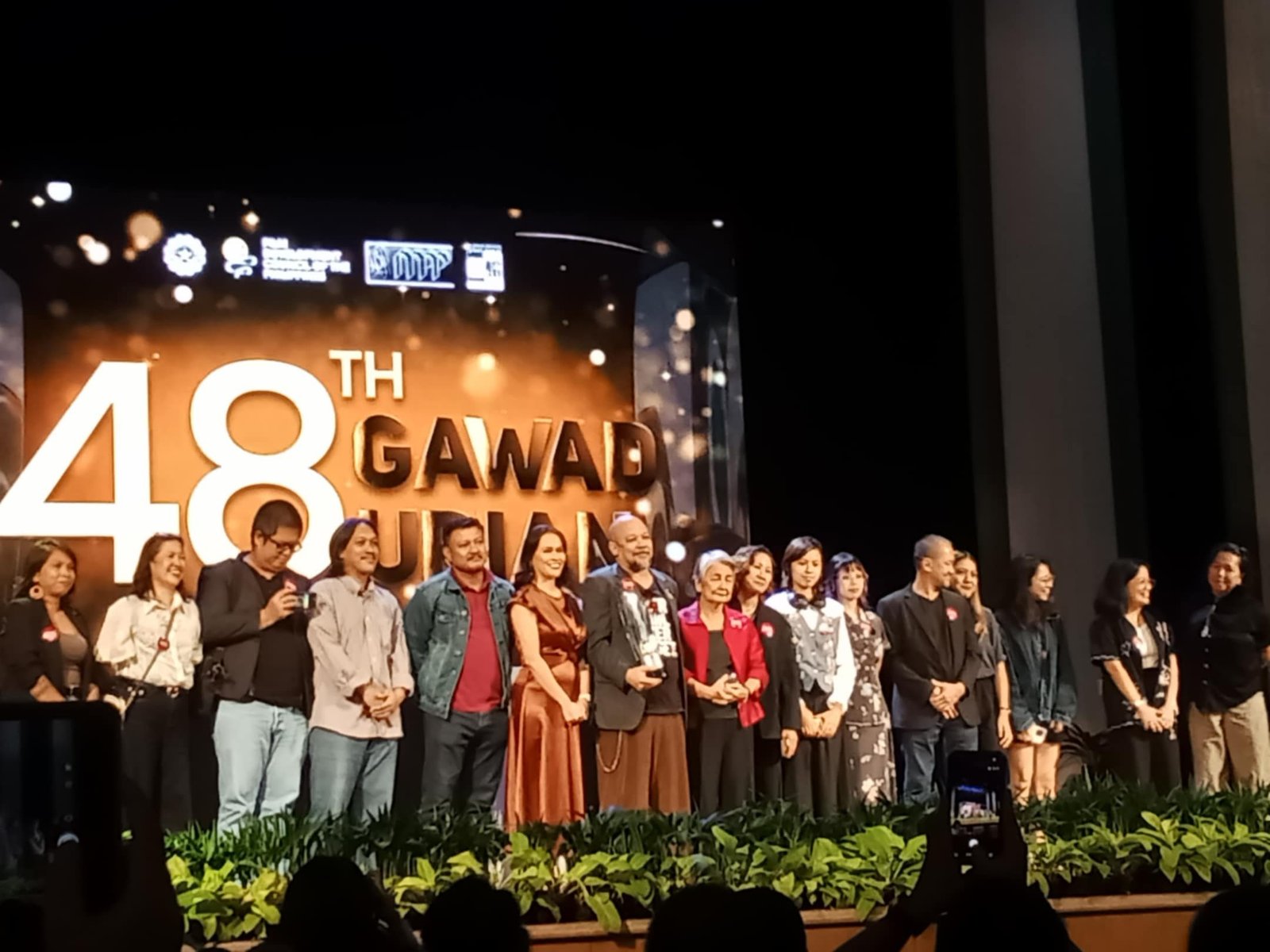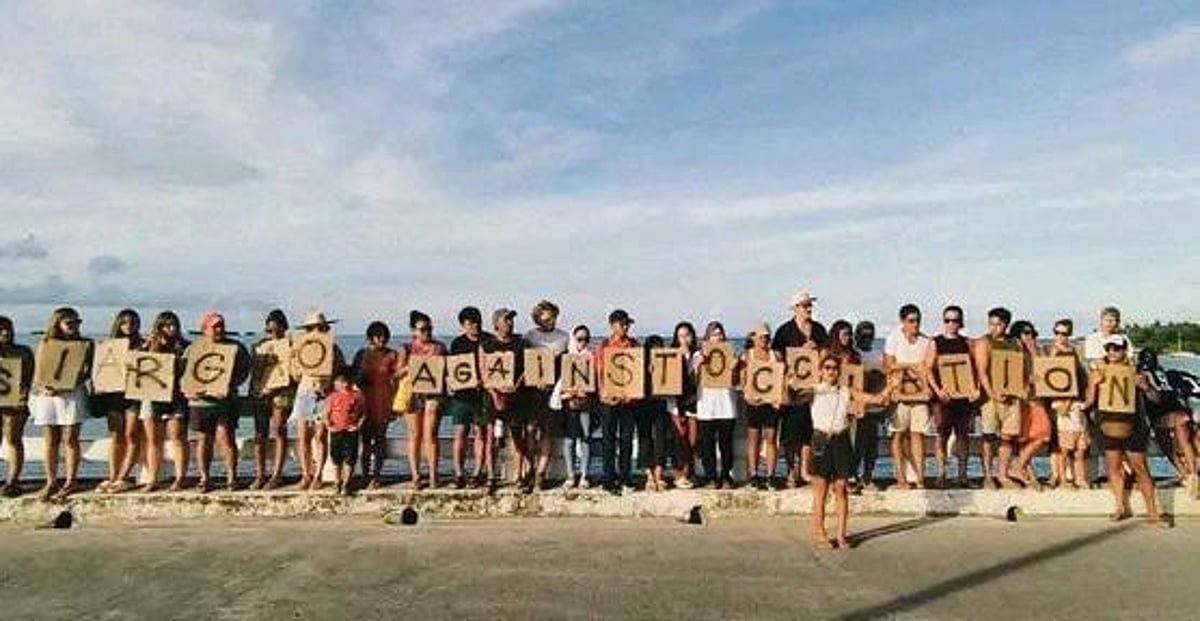Krysthea Charizze Abagon and Ma. Theresa Malanyaon
It’s not that they weren’t liked — it’s just that they were VERY unknown…
This sentiment echoes a frustrating truth about how Filipino talent is often embraced: only after the eyes of the outside world have given their approval. We claim our artists not when they are still in the process of honing their crafts or struggling for recognition, but when they already have an established name in the global stage. This is not just a lack of support; it is a conditional Pinoy pride that begs the question: “Why do we always wait for global validation before recognizing our own?”
They say a true gem shines no matter where it is placed — but when it receives no light to reflect, it seeks brightness elsewhere.
“They’re Filipino?” some asked. “Why haven’t we heard of them before?” others wondered.
The truth is, they have always been Filipino — and always talented. However, their identity and artistry only became a point of pride after their shows sold out abroad, a flock of fans emerged, and the foreign press began to take notice.
And this is a pattern that feels all too familiar.
They do not need to be here to belong here
In a culture that equates identity with proximity, there remains hesitation to claim artists as ‘one of us’ or ‘kapwa Pilipino’ if they were not born in the Philippines, or when a part-Filipino does not present themselves as one. This hesitation suggests a gatekeeping mentality where one’s Filipino identity — and thus, their belongingness within our collective ‘kapwa’ — is diluted or less authentic if they have found success or have established their careers outside the archipelago.
But does location truly define identity, especially in an increasingly interconnected global media landscape? To insist on a ‘born here to belong here’ criterion for cultural recognition is to ignore a vast diaspora of Filipino talent who carry their heritage with them across continents. It presents a limiting perspective for the multiple ways a Pinoy’s identity is shaped – through family, tradition, and personal connection, rather than just a simple birthplace.
Their widespread success and influence prove that Filipino excellence is not only confined to our geographical borders. They carry the culture in their veins — even if their passports say otherwise. And to deny their Filipino identity, no matter its percentage, simply because of their birthplace or where their careers took off is to misunderstand the very essence of a national identity, and more profoundly, to betray the inclusive spirit of kapwa.
Why do we claim them only after the world does?
The ‘last-minute’ Pinoy moment has been a recurring scene throughout generations: a rising artist claims that they are of Filipino descent in an interview, and overnight, local netizens present their prideful reactions, claiming that Filipinos are yet again deserving of global recognition. This sudden or heightened expression stems from the collective desire of the Filipinos to garner international notice and greater visibility for the Philippines through its successful individuals. However, this pattern of belated recognition contrasts with the supposed unconditional acceptance and support our community should embody.
This reaction is not inherently wrong, as pride is a natural response, much like when a family member finds success. However, it becomes problematic when that pride is only extended after the triumph, and the journey itself was marked by a lack of support.
Still a Filipino, even when it grows elsewhere
This points to a recurring blind spot in how Filipino audiences and even local industries recognize talent. Filipinos gravitate toward the familiar, and in doing so, often overlook artistry that does not conform to current trends.
These stories share the same bloodline, rooted in Filipino pride and creativity. Filipino excellence has always existed, even when it blooms beyond our borders. These artists have always been our kababayan — the only difference is their talents were not given the attention they deserved. Recognition did not come because they changed, but because the public only started to notice once others did.
Perhaps that is where we fall short, not in pride itself, but in when we choose to give it.
Consistently showing up matters
Now is the right time to stop showing up selectively.
There is a kind of limited, performative support many Filipinos habitually practice — a tendency to be present for the claps and confetti, but absent during the quiet, uncertain beginnings. Celebration is deeply embedded in our culture; we throw fiestas, cheer at local contests, and mark even the smallest wins. So, how about we apply this same spirit of joy and recognition to show how we support our very own talents not just in music, but also in different fields . These creators carry our stories, reflect our identity, and raise our flag in their own ways, even when the spotlight has yet to find them.
Supporting early means investing in potential, not just celebrating achievement. It means showing up at small gigs, buying debut books, watching indie films, and sharing their work even when it hasn’t gone viral. And if the wallet runs dry, simply spreading the word about their work with friends or posting it on social media can already make a big difference. Even when something feels too good to share and gatekeeping gets ahead of us, know that it’s worth the world knowing. By shifting our attention from waiting for success to witnessing the process, we help create a culture that values growth and has pride to begin with. This kind of consistent, early support not only validates Filipino identity; it strengthens it.
Pinoy’s presence
Let us not just be proud. Let us be present!
Whether an artist sings in a cottage core dreamland like Yaelokre or performs on global stages thousands of miles away, they are no less Filipino. Their talent is not diminished by distance, genre, language, or the absence of a local audience. Filipino excellence is not about where someone is, but about what they carry and how they create.
Filipino identity is not confined by geography. It goes beyond where someone is based, how well they speak Filipino, or how celebrated they are internationally. Rather, it lives in the stories we tell, the roots we honor, and the pride we choose to give consistently and unconditionally.
So the next time you come across a Filipino artist, athlete, writer, or creator, do not wait for social media or global validation. Show up early. Share their work. Celebrate their process. Be part of the story, not just the applause.
Because real pride does not start with fame — it starts with presence.





.jpg)






